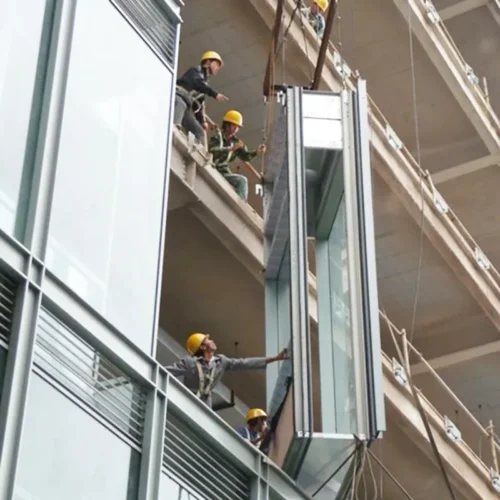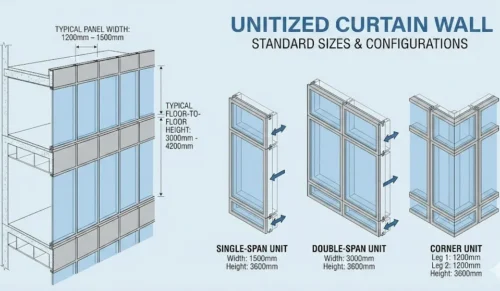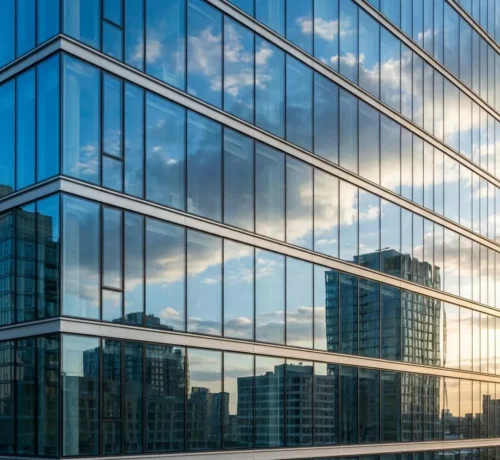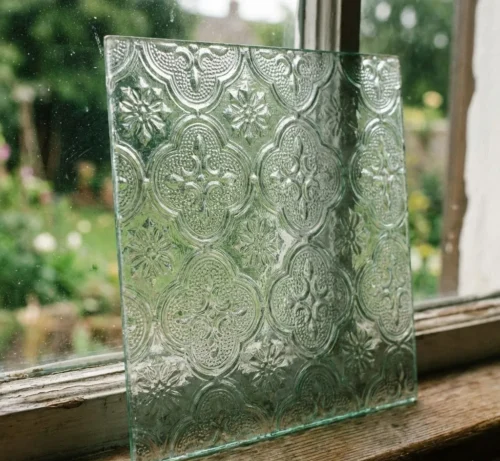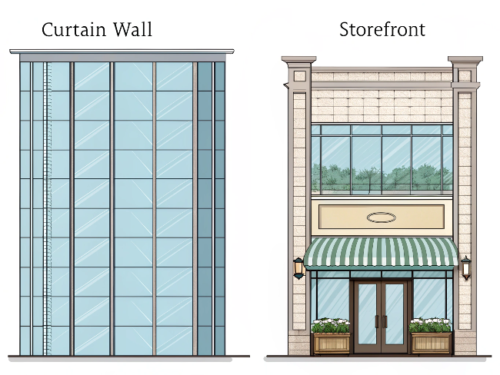Aluminum doors are widely loved for their strength, lightweight design, and modern look—but even the best doors can develop problems over time.
From minor annoyances like squeaky hinges to bigger concerns like frame corrosion or faulty locks, knowing the signs early can save you time, money, and hassle.
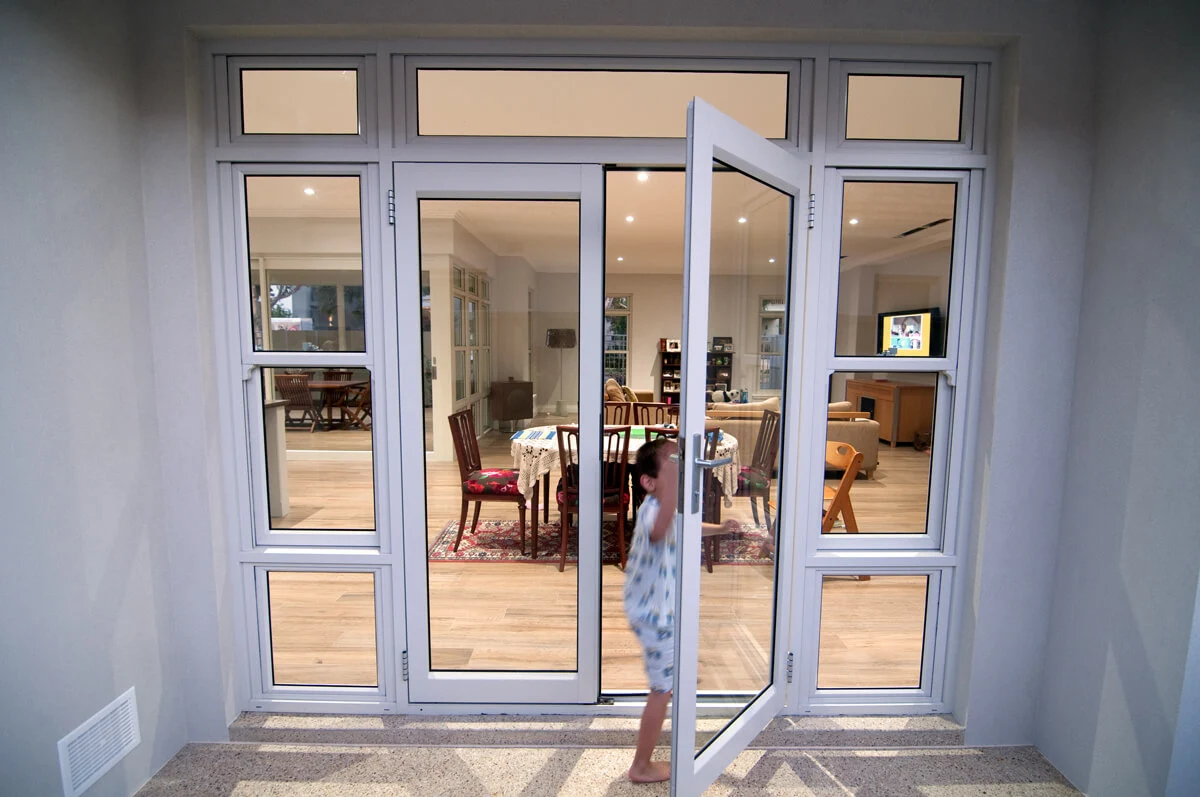
In this guide, we’ll walk you through the most common aluminum door defects, explain what causes them, and share practical tips to fix or avoid them—so your doors stay secure, energy-efficient, and looking great for years to come.
Common Issues and How to Fix Them
Aluminum doors are tough, but like anything used daily, they can develop issues over time. Here are the most common problems and how to fix them easily.
1. Misalignment and Door Fit Issues

Issue: Door sticks, shows gaps, or won’t latch properly due to loose hinges, poor installation, or building movement.
Fix: Tighten hinge screws, shim or adjust hinges, or realign the frame. Replace warped components if necessary to restore smooth function.
2. Door Closing or Latching Problems

Issue: Door slams, doesn’t latch, or feels hard to open—often caused by worn closers or air pressure.
Fix: Lubricate the closer, adjust tension settings, or replace the closer if it’s leaking or broken.
3. Lock and Hardware Failures

Issue: Jammed locks, worn latches, or misaligned strike plates reduce security.
Fix: Clean and lubricate the mechanism, realign parts, and upgrade to multi-point locks for added durability and safety.
4. Corrosion, Pitting, and Discoloration

Issue: Exposure to moisture or chemicals causes oxidation, pitting, or dull surfaces.
Fix: Wash with mild detergent, lightly sand affected areas, and apply anodizing or powder coating for long-term protection.
5. Weatherstripping and Seal Failures

Issue: Cracked or detached seals lead to drafts, leaks, and poor energy efficiency.
Fix: Replace damaged weatherstripping or apply new caulking to restore a tight, energy-saving seal.
6. Corrosion and Surface Wear

Issue: Pitting, oxidation, or surface damage appears over time, especially in coastal climates.
Fix: Clean regularly, sand lightly, and apply protective coatings to preserve the frame’s finish.
7. Poor Thermal or Acoustic Insulation

Issue: Standard aluminum transfers heat and noise easily.
Fix: Choose thermally broken frames and double-glazed panels to improve comfort and energy efficiency.
8. Automatic Door Sensor Malfunctions (Commercial)

Issue: Door fails to open or close reliably due to dirty or misaligned sensors or power issues.
Fix: Clean sensors, check wiring, and recalibrate settings as needed. Call a technician if problems persist.
9. Frame Joint and Seal Failures

Issue: Shrinking or cracked seals let in air and moisture, especially in humid climates.
Fix: Replace damaged seals or reapply high-grade exterior sealant to prevent leaks.
10. Scratches, Dents, and Aesthetic Wear

Issue: Surface damage affects appearance and exposes metal to further wear.
Fix: Buff or repaint small scratches; refinish with powder coating for a refreshed look and added durability.
When Replacement Is Better Than Repair

If your aluminum door shows signs like warping, corrosion, or can’t close or lock properly, it’s time to consider a replacement.
Upgrading to thermally broken or higher-grade models can improve insulation, security, and reduce long-term repair costs.
FAQs About Aluminum Door Defects
1. How long do aluminum doors typically last?
Aluminum doors can last 20–30 years or more with proper maintenance and quality components.
2. Can aluminum doors rust?
Aluminum doesn’t rust like steel, but it can corrode or oxidize if not cleaned or sealed regularly.
3. What’s the most common issue with aluminum doors?
Misalignment and worn-out hardware like hinges or locks are the most common problems due to frequent use.
4. How can I prevent defects in my aluminum door?
Regular cleaning, lubricating hinges and closers, and checking seals and weatherstripping help prevent most common issues.
5. Are aluminum doors good for insulation?
Standard aluminum conducts heat, but thermally broken frames and double-glazed panels can improve insulation significantly.
Conclusion
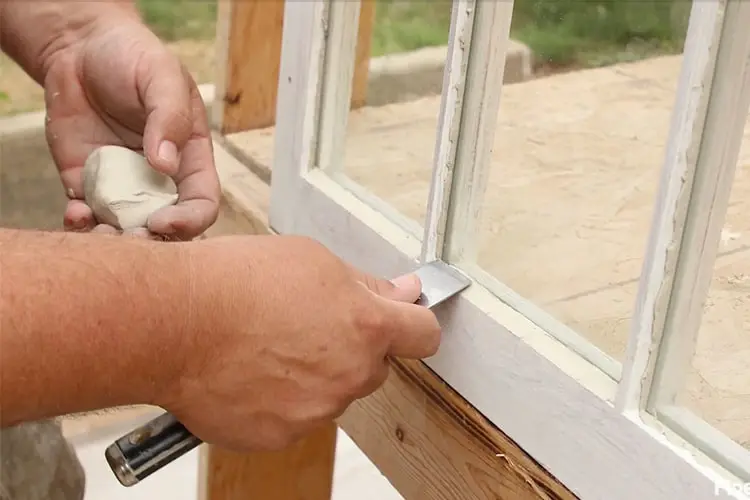
While aluminum doors are durable and low-maintenance, they’re not immune to wear. By understanding common defects—like misalignment, seal failure, or poor insulation—you can catch problems early and keep your doors performing at their best.
If your aluminum door shows any of these signs, don’t wait. Consult a professional for inspection or repair, or consider upgrading to a higher-performance model for better longevity and energy efficiency.


